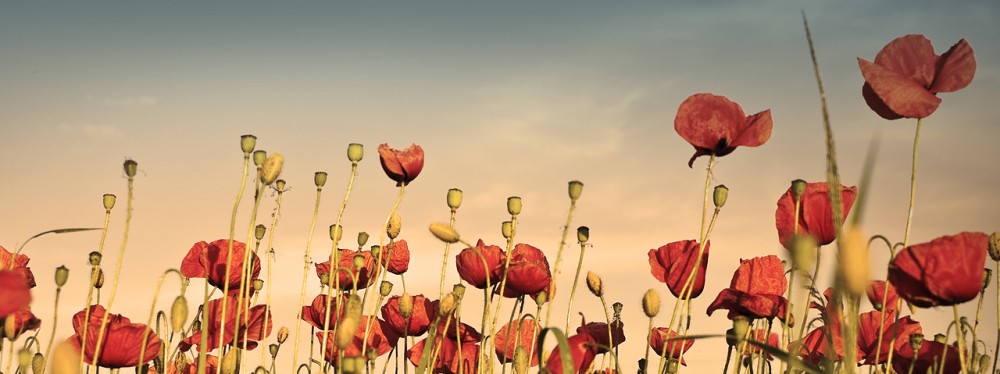23 members of the Putney Ward Committee for the War Relief fund met in Putney Library on 27 August 1914, with apologies from a further 5. Like last week’s all-borough Committee meeting, this was clearly still a popular cause. The first item of business was actually a resignation – perhaps a rather unorthodox start, but Mrs Cooper-Rawson gave her involvement with organising the work of the local Red Cross as her reason for not being able to act as a committee member. Largely the meeting was concerned with membership and set-up – we’ll return to it in a few weeks when they start dealing with requests from local people.
The Wandsworth Borough News carried several stories relating to the war and opportunities throughout the borough. Adverts encouraged Wandsworth recruits to report to 6 Beamish Road, 467 York Road or 157 Tooting High Street, and the 23rd Battalion London Regiment advertised for “good, smart recruits” for the Territorials. Collections for the local relief fund by the Free Churches of Wandsworth had taken place and a man claiming to be Rudolf Francis Karl Josef Hapsburg, Crown Prince of Austria was arrested and charged for not registering himself as an enemy alien. His real name was Christian Paul Klave and he had previously claimed to be a Russian count whilst running a dogs’ hospital in Streatham. The Tooting Local Relief Committee had a dispute over their appointed Chairman (Alderman W Hunt), including one objection to having a Chairman at all – an issue not fully resolved by the end of the meeting. Perhaps in response to this, there was also an unsuccessful motion to exclude the Press from future meetings.
The Borough News also carried adverts encouraging people to take account of the war in their shopping. S Frost & Company announced “normal prices again in nearly all Departments”. Daniel Neal & Sons encourage the “many who are deterred from reasons beyond their control from answering Lord Kitchener’s Call” to still exercise, and more to the point to buy new football boots. Advertised under the guise of practicality as “For the soldier lads – a garment that will be needed both for the Front and in the home” was a pattern to allow people to make pyjamas for soldiers – “In suggesting garments for these brave men, so no one would dream of leaving out the pyjama suit. This is one of the most necessary of all the garments required”. Proposed material was flannel, flannelette or wincey, with the suggestion that silk might not be so practical. The pattern could be obtained from the News offices, and the finished result would hopefully resemble the picture below.
Minutes of the National Relief Fund – Putney Committee, ref: MBW/2/32/3
Wandsworth Borough News available on microfilm.
Tag: Putney, Wandsworth Borough News



